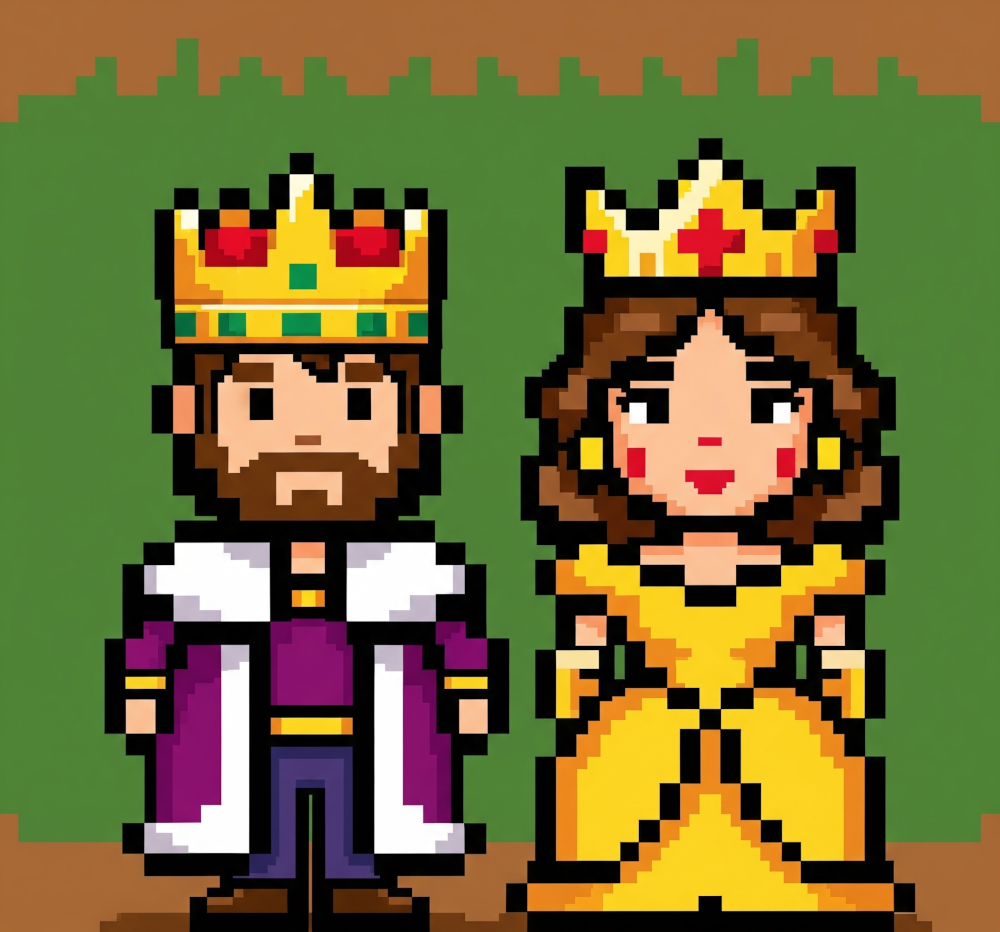
A monarchy is a system where a country is ruled by a king or queen who has the highest power and makes all the big decisions. Usually, when a king or queen steps down, their child takes over as the next ruler.
In ancient times, kings were often seen as gods on earth. For example, in ancient Egypt, the Pharaoh was believed to be the god Horus in human form. People thought that only the king could communicate with the gods, so they always obeyed the king’s orders. Disobeying the king was considered very serious, with stories describing the terrible consequences for those who didn’t follow the laws.
Over time, this idea has evolved. In some places like East Asia, kings still have significant power, but a system of officials and laws also help govern the country. As of 2024, there are 43 countries around the world that still have monarchies, where a king, queen, or other royal figure serves as the head of state. This includes various forms of monarchy, such as constitutional, absolute, federal, and mixed monarchies.
In the Bible, Samuel anointed Saul as the first king of Israel, marking the beginning of Israel’s monarchy. There were 42 kings in Israel’s history, with Saul, David, and Solomon being the first three to rule over a united Israel. After them, the kingdom split into two: Israel and Judah, each with its own set of kings.
Learn more:
